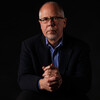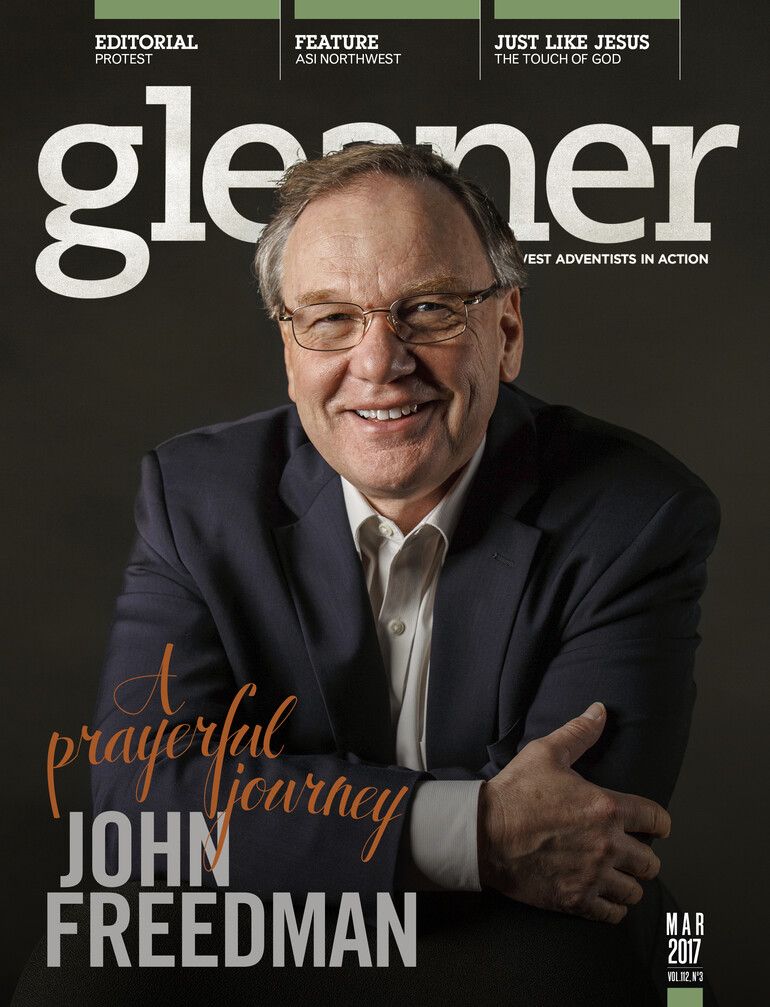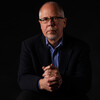I wasn’t the only one. Countless children through the centuries had tried it and failed. I was ignorant of such odds.
As I recall, my mother had refused to grant some childish request, and I was as furious as a 4-year-old can be. But instead of throwing a useless tantrum, I stomped purposefully to my room and began to plan my escape from totalitarianism. Into a bag went several items of clothing, a harmonica and a stuffed animal.
“Where are you going?” asked my mother, who had quietly been watching from the doorway.
“I’m leaving,” I retorted. “I’m going away.” This would cause her to retract her harsh stance, I reasoned. She would be crushed with remorse and grant my wish.
Instead, she calmly said, “Aren’t you going to take some soap or a toothbrush?”
Faced with maternal wisdom and a bleak life out on the road devoid of toasted cheese sandwiches and tomato soup, I stayed.
Some protests are far more worthy than my short-lived effort. They confront us with moral choices that cannot be compromised. Such is the challenging climate in which we now live — both in our nation and in our church.
In one chapter of The Great Controversy, Ellen White describes “The Protest of the Princes.” These faithful followers of the Protestant movement were called to appear at the second Diet of Spires in 1529. They faced a hostile church-state alliance which had at one point exclaimed, “If we must choose between the Holy Scriptures of God and the old errors of the church, we should reject the former.” Rejecting compromise, the princes instead drafted a solemn response that declared they would not “consent nor adhere in any manner whatever to the proposed decree in anything that is contrary to God, to his Word, to our right conscience, or to the salvation of souls” (p. 202).
Sometimes we think to ourselves, “If I had been alive then, I would’ve … . If I’d been in Herod’s palace when he called for the head of John the Baptist … if I had stood along the road as Jesus struggled past with the cross … if I had watched the proceedings at the Diet of Spires when the organized church confronted the princes … if I’d watched Nazis rounding up my Jewish neighbors … ."
But beyond all those hypotheticals here’s a better question. I’m living now. On what principles will I act now? On what matters of conscience will I speak up now? What hill is high enough for me to die on now? Am I willing at this moment to stand for the right though the heavens fall?
Even as we ponder the health of the nation, our church also stands in the need of prayer. Union conference presidents in North America have been summoned by world church leaders to seek a way through a maze of principles, politics and policies. The health of our collective unity is being weighed in the balance.
What could the princes of long ago teach us by example? What heavenly core values could your testimony or mine now share to encourage the church to move beyond the status quo and be fully re-engaged with our Father's business?











